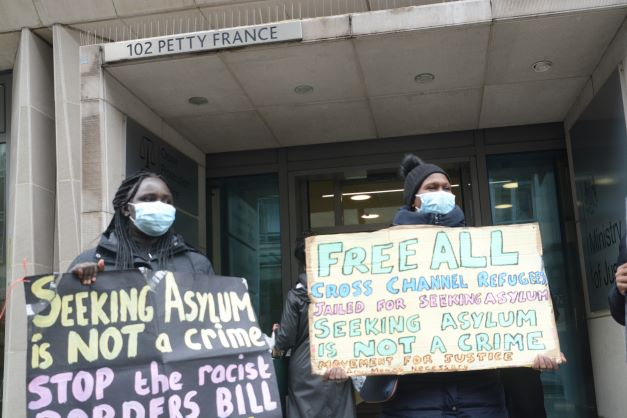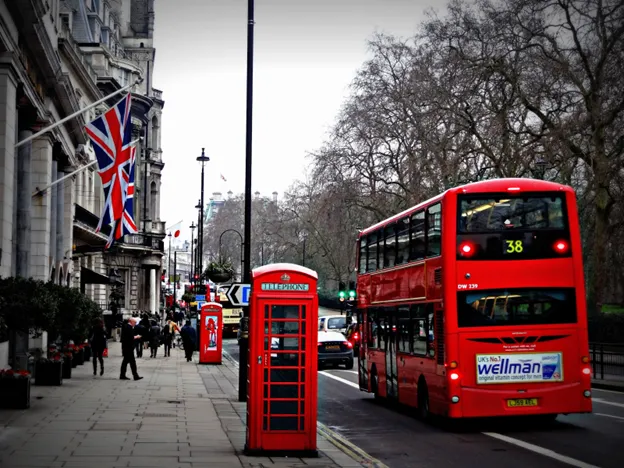Priti Patel’s immigration bill fails to pass the House of Lords
Priti Patel’s controversial Nationality and Borders Bill fails yet again to pass the House of Lords striking down 10 immigration proposals.
If you would like assistance with your British immigration case, contact us today at 0333 305 9375 or leave us a message in the chat. We are here to assist you in person, over the phone, or online.
Read our 1001 reviews
What measures were defeated in the bill?
Priti Patel’s Nationality and Borders Bill was designed to tighten immigration rules, however, it has failed to pass the House of Lords once again who found many measures to be potentially unlawful, amongst them the measure to strip a UK national of their citizenship without warning or notification and a proposal to divide refugees into two classes.
Peers in the House of Lords who were concerned that the bill’s plan to separate refugees into two classes based on their arrival in the UK did not comply with the 1951 Refugee Convention supported proposals to lawfully amend those measures.
In addition, members of the House of Lords also voted:
- To allow asylum seekers to work in the UK if their immigration case had not been resolved within 6 months
- To require formal returns agreements with third states to ensure safe returns of asylum seekers
- To allow unaccompanied child asylum seekers who are in Europe to join a family member who is legally in the UK
- Amendments for the protection and support of victims of modern slavery
- Extra safeguards should be put in place for people who are being stripped of their British citizenship without warning
- To remove a broad provision from the bill that would make it a criminal offense to knowingly arrive in the UK without permission (only those who breach a deportation order can be found criminally liable)

Can UK citizenship be removed?
The UK government maintains the right to revoke a UK national’s citizenship if that individual has been found to pose a threat to national security and it is deemed in the public’s best interest to take away their British citizenship. The cancellation of a UK citizen’s nationality is decided by the Home Secretary on a case-by-case basis.
However, under the 1948 Universal Declaration of Human Rights, individuals can not be left stateless as everyone has a right to a nationality. Therefore, the UK government can only strip someone of their UK citizenship if they have another nationality to turn to (for example, if the individual has dual citizenship) or has the possibility of obtaining citizenship elsewhere (such as applying for the citizenship of their parents’ home countries).
What happens next?
Following defeat in the House of Lords, the immigration bill will not return to the House of Commons where concessions must be made in order for the bill to pass into law. Ministers of Parliament are expected to discuss and debate the bill again upon their returns from Easter break later in April.
If MPs refuse to amend their bill, the House of Lords is expected to compromise. However, given that there are a number of major bills that have not yet passed through both houses of government coupled with the parliamentary session expecting to end within the next few weeks, the bill might fail to pass if it runs into any more impediments.
Table of Contents
Table of Contents will appear here.Table of Contents
Table of Contents will appear here.Legal Disclaimer
The information provided is for general informational purposes only and does not constitute legal advice. While we make every effort to ensure accuracy, the law may change, and the information may not reflect the most current legal developments. No warranty is given regarding the accuracy or completeness of the information, and we do not accept liability in such cases. We recommend consulting with a qualified lawyer at Immigration Advice Service before making any decisions based on the content provided.















